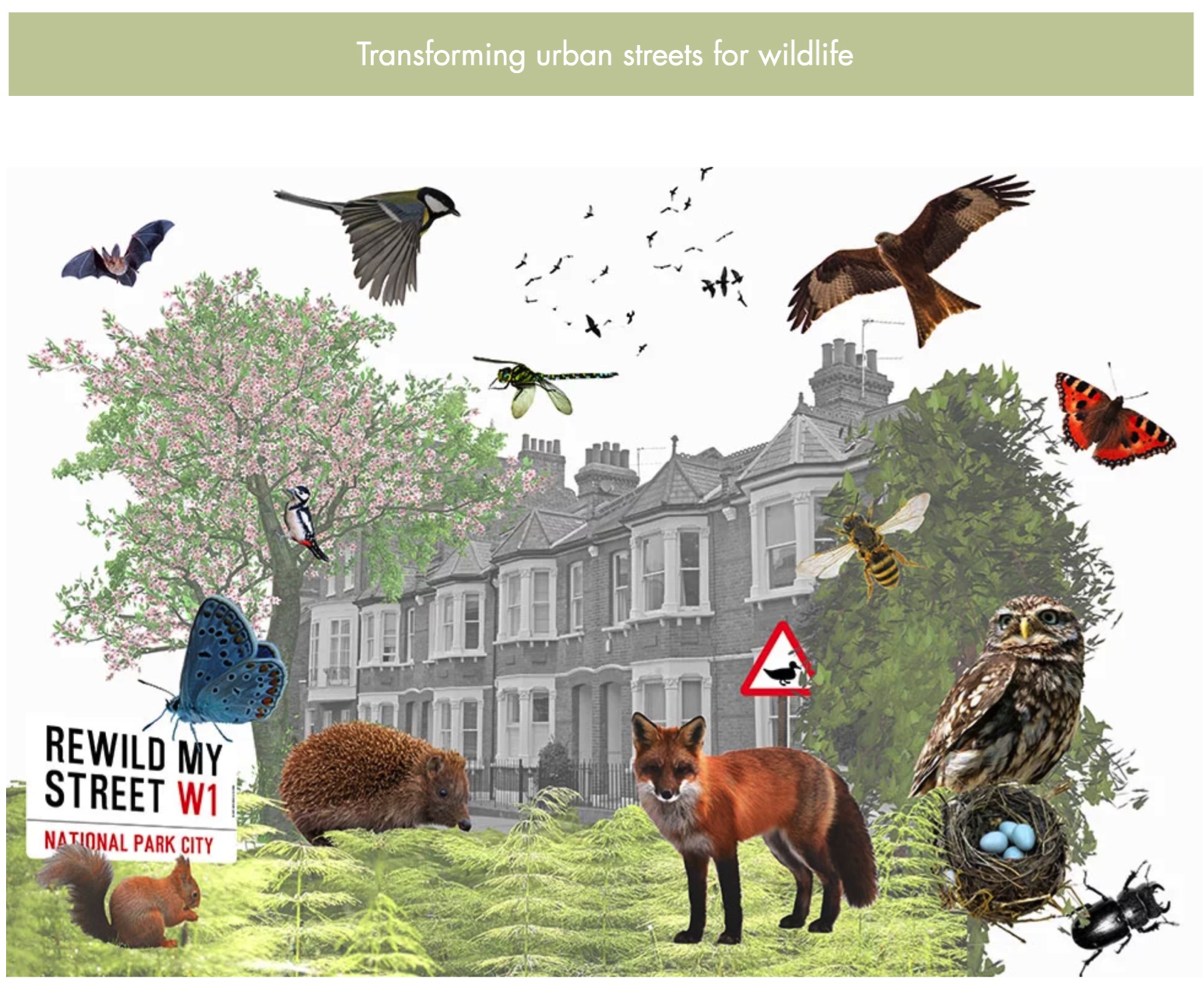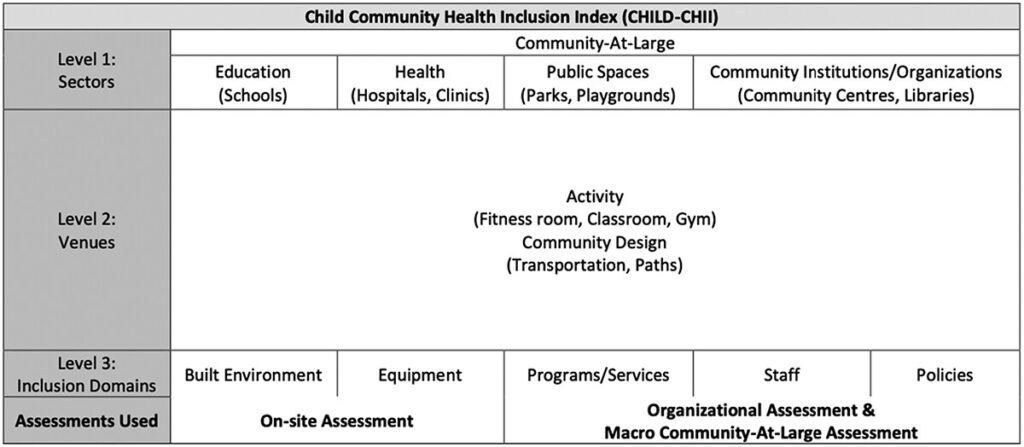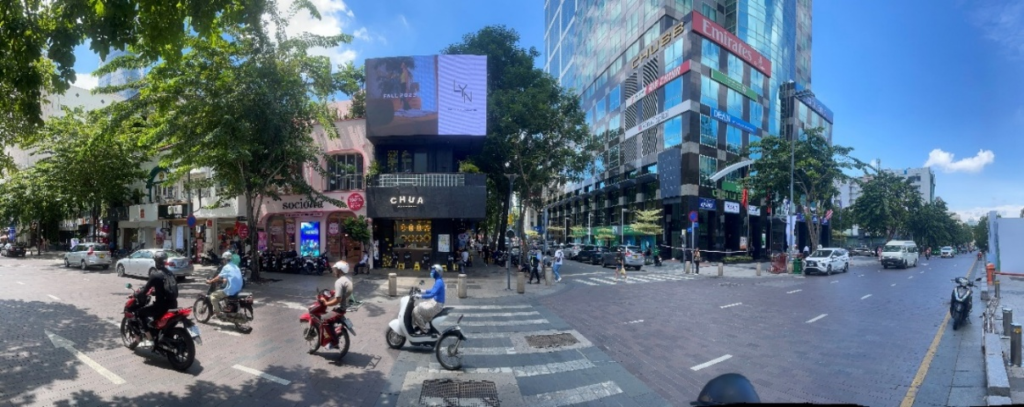City Know-hows

Target audience
Urban leaders at both regional and local levels
The problem
Londoner’s can adapt, change and transform, their gardens to positively impact on biodiversity. This behaviour require a conscious effort to reverse the trend of loss of green space. London’s residential gardens offer an opportunity to increase biodiversity by making small adaptions to turn them into a habitat for wildlife. Altering these spaces to accommodate nature could significantly contribute to London fulfilling its aims as a ‘National Park City’.
What we did and why
This research aims to investigate rewilding behaviours in relation to changes to private gardens within Greater London to improve biodiversity. This research will synthesise the existing literature on intent-orientated urban rewilding; conduct mixed methods research including interviews and a quantitative survey to understand the capability, opportunity and motivational factors influencing urban rewilding behaviour; and develop an intervention strategy to change behaviour in relation to adaptations to urban private gardens.
Our study’s contribution
With urbanisation increasing coupled with a worrying trend in the reduction of vegetated green spaces in London, facilitating behaviour change in the rewilding of London’s private gardens is important to support biodiversity; this research project contributes to this important topic.
Impacts for city policy and practice
The results of this research will allow urban leaders, local and regional, to identify approaches to improve the rewilding of urban private gardens to improve biodiversity. In London, altering such spaces to accommodate nature could significantly contribute to London fulfilling its aims as a National Park City.
Further information
Rewild My Street providing guidance for people wishing to adapt their homes, gardens and streets to encourage wildlife.
Full research article:
A study protocol to understand urban rewilding behaviour in relation to adaptations to private gardens by Justin Webb & Siân Moxon. City Know-how editor: Marcus Grant.
Related posts

We must take a careful look into the structures, policies, and programs that may be barriers to inclusion of children with disabilities in the community. Assess to intervene and create cities that are inclusive of and healthy for all!

Autism inclusive urban environments design principles to support sensory and cognitive navigation.

Ho Chi Minh City’s motorbike-dependent traffic, severe congestion from overloaded infrastructure, high accident rates among children and pedestrians, and a doubling of overweight and obesity rates among children over the past decade have driven a comprehensive study on children’s walkability. This study serves as a foundation to encourage more walking among children as an initial step toward addressing these critical issues.